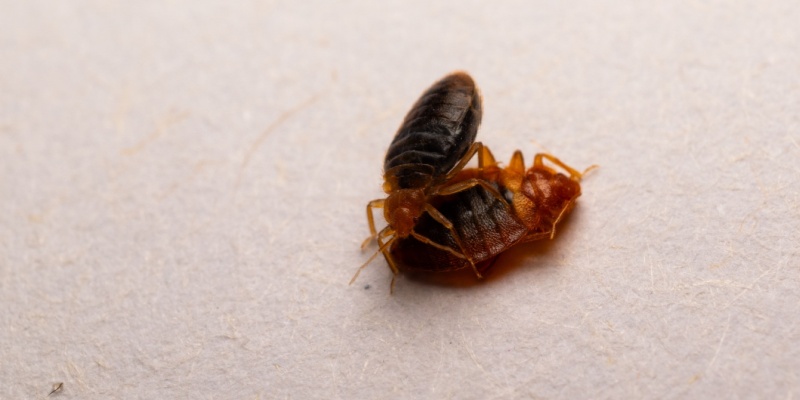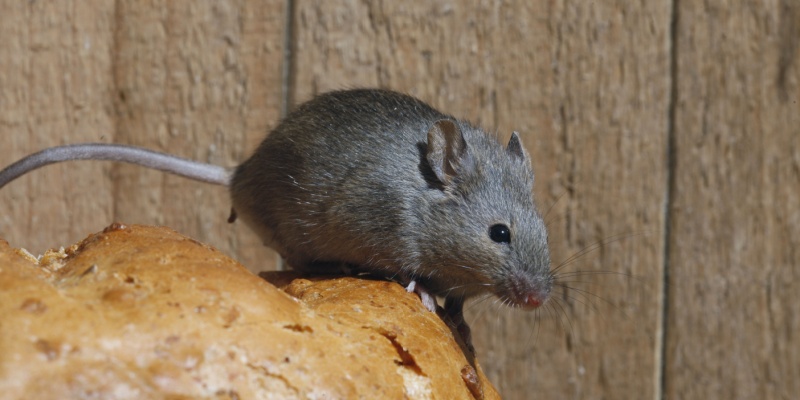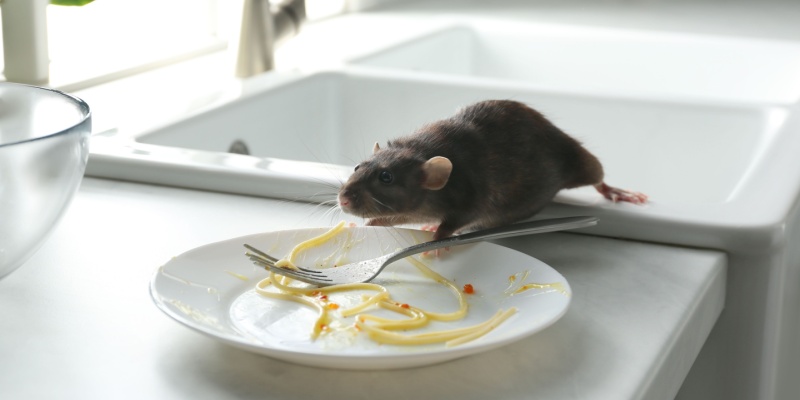Bed bugs are one of the most frustrating household pests, partly because they are so difficult to identify. These tiny insects are experts at hiding, and their bites can often be mistaken for other skin irritations. Learning how to recognize the signs of bed bugs is the first step in preventing or addressing an infestation.
What Do Bed Bugs Look Like?
Adult bed bugs are small, about the size of an apple seed, and have a flat, oval shape. They are reddish-brown in color and become swollen after feeding on blood, making them slightly easier to spot. Younger bed bugs, called nymphs, are even smaller and lighter in color, making them harder to detect. Their eggs are white, about the size of a pinhead, and often hidden in crevices, making them almost impossible to see without magnification.
Where Do Bed Bugs Hide?
Bed bugs are nocturnal and prefer to stay hidden during the day. They typically hide in tight, dark spaces close to where people sleep. Common hiding spots include the seams of mattresses and box springs, behind headboards, inside bed frames, and in cracks and crevices near the bed. However, as an infestation grows, bed bugs may spread to other areas of the home, such as furniture seams, baseboards, electrical outlets, and even behind wallpaper.
What Are the Signs of a Bed Bug Infestation?
Despite their small size, bed bugs leave behind clear signs of their presence. Some of the most common indicators include:
- Bite Marks:
Bed bug bites often appear as small, red, itchy bumps, typically arranged in a line or cluster. However, not everyone reacts to bed bug bites, so their absence doesn’t rule out an infestation.
- Fecal Stains:
Small black or dark brown spots on bedding or furniture are often bed bug droppings.
- Blood Stains:
Tiny reddish stains on sheets or mattresses may be from crushed bed bugs or feeding activity.
- Shed Skins and Eggs:
Bed bugs shed their exoskeletons as they grow, leaving behind translucent shells near their hiding spots.
- A Musty Odor:
In severe infestations, bed bugs may produce a musty or sweet odor caused by the pheromones they release.
How to Detect Bed Bugs Early
Early detection is key to controlling bed bugs before they spread throughout your home. Regularly inspect your mattress, box spring, and surrounding furniture for signs of bed bugs. Using a flashlight can help illuminate dark crevices where they may be hiding. Pay special attention to hotel stays or secondhand furniture, as these are common sources of infestations.
What Makes Bed Bugs Difficult to Identify?
Bed bugs are challenging to identify because their signs often overlap with those of other pests or conditions. For example, their bites can resemble mosquito bites or allergic reactions. Their droppings may be mistaken for dirt, and their eggs are so small they can go unnoticed. Additionally, bed bugs are excellent at hiding and can survive for months without feeding, making infestations harder to detect in their early stages.
When to Call a Professional
If you suspect a bed bug problem but can’t confirm their presence, it’s best to call a professional. The pros at Abarb Pest Services have the tools and experience to locate bed bugs, even in hard-to-reach places. Professional treatments are also more effective at eliminating infestations and preventing reoccurrence.
Bed bugs may be small, but their impact on your home can be significant. By understanding what to look for and addressing the problem early, you can protect your home and avoid the stress of a widespread infestation.


